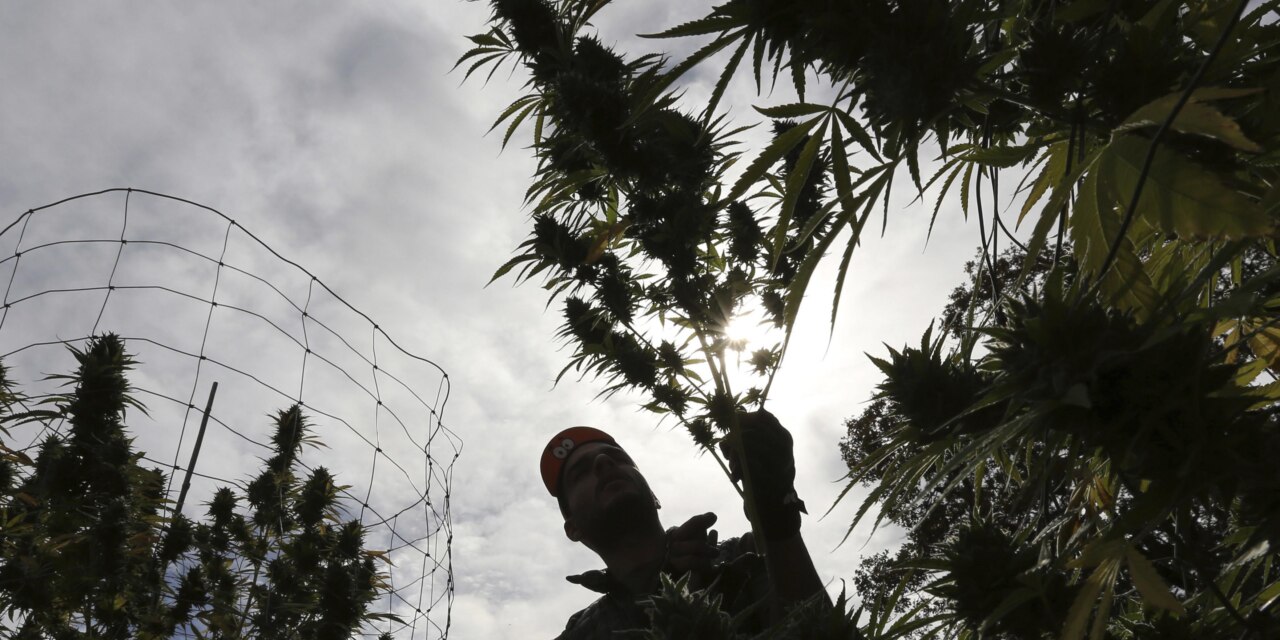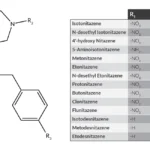Now here’s a question worth exploring. From a recent NPR feature:
Marijuana farms are increasingly Chinese-run. Why?
Last I heard, Chinese involvement in the US cannabis industry was restricted to a labor force willing to work cheap. Farm workers brought to America expecting to plant and pick fruit and vegetables instead found themselves stuck on “pot plantations,” some operating illegally on Native land in the Southwest. We first posted about this way back in 2020:
The vast majority spoke little or no English and had no real way to leave, knowing that as soon as they stepped off tribal lands, they would be scooped up by law enforcement.
Things haven’t improved. The NPR interview cites the example of “L” as he’s recruited and transported to the US.
“First, L flew to Turkey, then Ecuador. Then he took a succession of buses and boats and spent a grueling month walking to Mexico through the hazardous Darien Gap.”
He eventually made his way to Los Angeles, where he saw ads for agricultural work in New Mexico. As soon as he arrived there, however, his phone and passport were confiscated by his new ’employers’.
This time, the owners of the weed operation were themselves Chinese. Some of the funds behind it had come from investors in China — looking to put their money some place other than the troubled Chinese economy.
I imagine that a percentage of the cannabis grown on these farms will be sold to legit US cannabusinesses, while another portion will find its way into the hands of black marketeers, to be sold in cities and towns around the country.
Advocates for the migrant workers want us to remember that the source of the pot we use for pleasure may well have been driven by slave labor. It’s not a pretty picture, and it should have been avoidable.
That’s something that’s bothered me from the beginning of the ‘cannabis revolution’. The debate focused on the legal and political aspects of legalization, and not nearly enough on the practical impact of far-reaching choices we were about to make.
Did we trust in the free market to protect us from harm? If so, that was astoundingly naïve on our part.
And it does seem that, here and elsewhere, others are paying the price.













